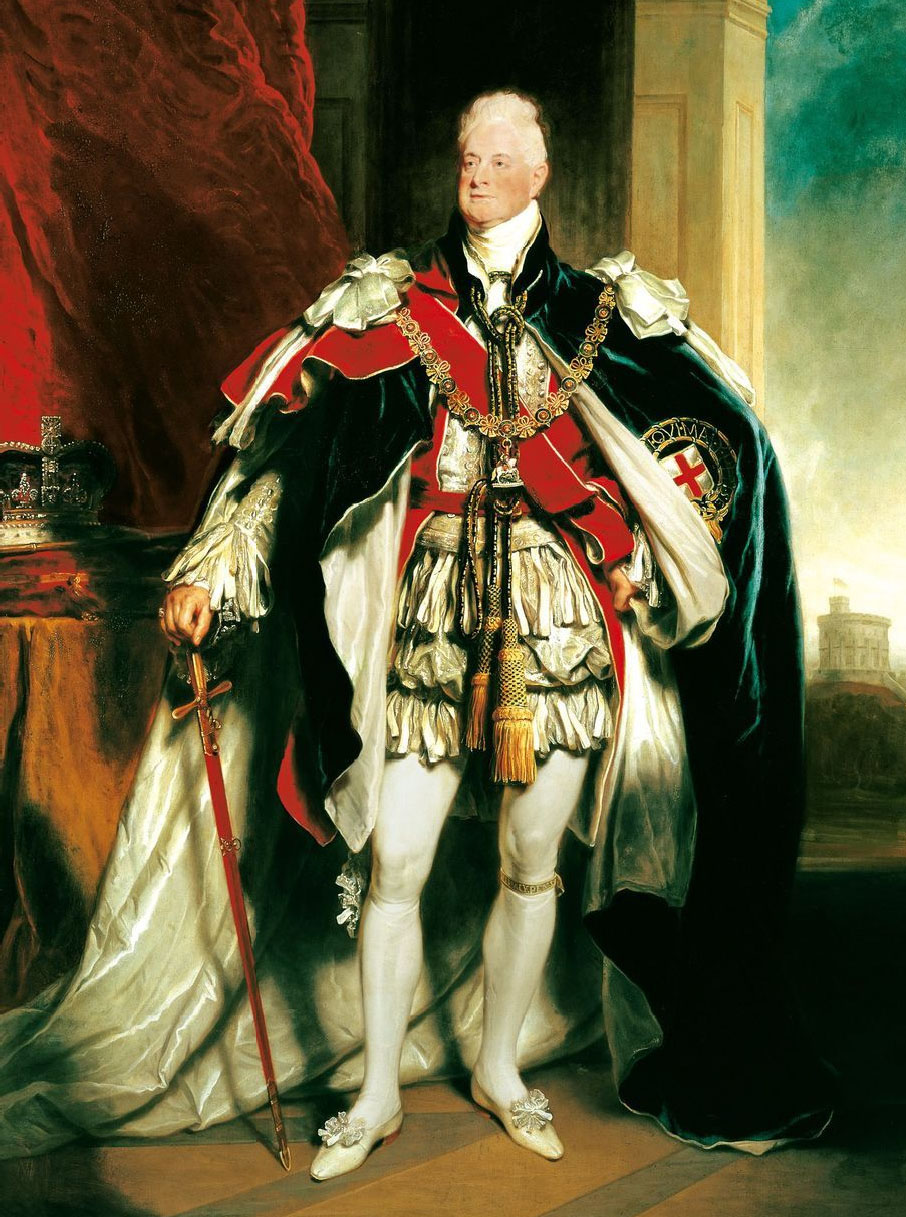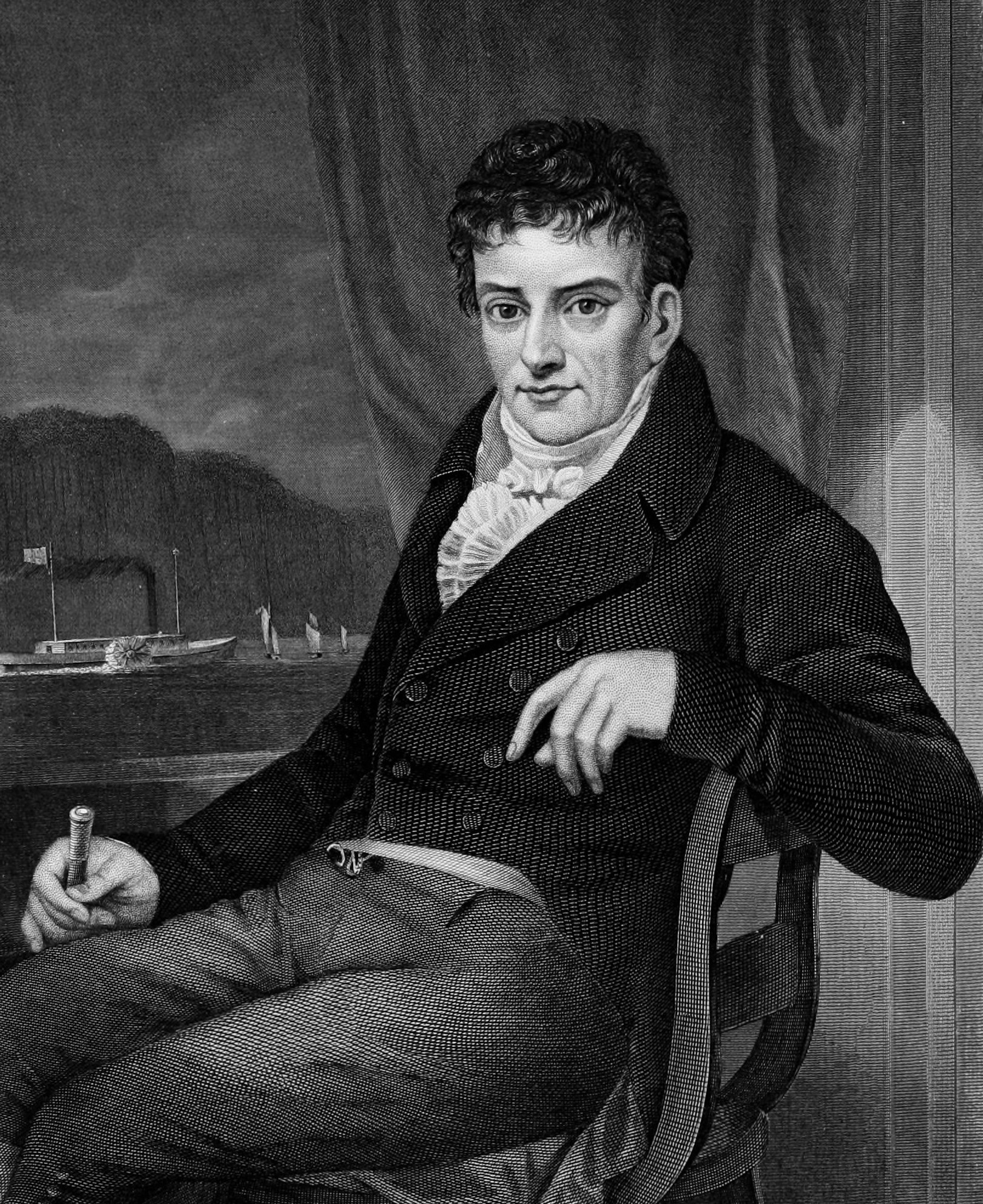|
Declaration Of Rights And Grievances
In response to the Stamp and Tea Acts, the Declaration of Rights and Grievances was a document written by the Stamp Act Congress and passed on October 14, 1765. American colonists opposed the acts because they were passed without the consideration of the colonists' opinion, violating their belief that there should be "no taxation without Representation". The Declaration of Rights raised fourteen points of colonial protest but was not directed exclusively at the Stamp Act 1765, which required that documents, newspapers, and playing cards be printed on special stamped and taxed paper. In addition to the specific protests of the Stamp Act taxes, it made the assertions which follow: *Colonists owe to the crown "the same allegiance" owed by "subjects born within the realm". *Colonists owe to Parliament "all due subordination". *Colonists possessed all the rights of Englishmen. *Trial by jury is a right. *The use of Admiralty Courts was abusive. *Without voting rights, Parliament could ... [...More Info...] [...Related Items...] OR: [Wikipedia] [Google] [Baidu] |
Stamp Act Congress
The Stamp Act Congress (October 7 – 25, 1765), also known as the Continental Congress of 1765, was a meeting held in New York City in the colonial Province of New York. It included representatives from most of the British colonies in North America, which sought a unified strategy against newly imposed taxes by the British Parliament, particularly the Stamp Act 1765. It was the second such gathering of elected colonial representatives after the Albany Convention of 1754 at the outbreak of the French and Indian War. Massive debts from that war, which ended in 1763, prompted the British Parliament to implement measures to raise revenues from the colonies. The Stamp Act 1765 required the use of specialty stamped British paper for all legal documents, newspapers, almanacks, and calendars, and even playing cards and dice. When in force, it would have an impact on practically all business in the colonies, starting on November 1, 1765. Resistance to it came especially from lawyer ... [...More Info...] [...Related Items...] OR: [Wikipedia] [Google] [Baidu] |
American Enlightenment
The American Enlightenment was a period of intellectual and philosophical fervor in the thirteen American colonies in the 18th to 19th century, which led to the American Revolution and the creation of the United States. The American Enlightenment was influenced by the 17th- and 18th-century Age of Enlightenment in Europe and distinctive American philosophy. According to James MacGregor Burns, the spirit of the American Enlightenment was to give Enlightenment ideals a practical, useful form in the life of the nation and its people. A non-denominational moral philosophy replaced theology in many college curricula. Some colleges reformed their curricula to include natural philosophy (science), modern astronomy, and mathematics, and "new-model" American-style colleges were founded. Politically, the age is distinguished by an emphasis upon consent of the governed, equality under the law, liberty, republicanism and religious tolerance, as clearly expressed in the United States Dec ... [...More Info...] [...Related Items...] OR: [Wikipedia] [Google] [Baidu] |
1765 In The Thirteen Colonies
Events January–March * January 23 – Prince Joseph of Austria marries Princess Maria Josepha of Bavaria in Vienna. * January 29 – One week before his death, Mir Jafar, who had been enthroned as the Nawab of Bengal and ruler of the Bengali people with the support and protection of the British East India Company, abdicates in favor of his 18-year-old son, Najmuddin Ali Khan. * February 8 **Frederick the Great, the King of Prussia, issues a decree abolishing the historic punishments against unmarried women in Germany for "sex crimes", particularly the ''Hurenstrafen'' (literally "whore shaming") practices of public humiliation. **Isaac Barré, a member of the British House of Commons for Wycombe and a veteran of the French and Indian War in the British American colonies, coins the term "Sons of Liberty" in a rebuttal to Charles Townshend's derisive description of the American colonists during the introduction of the proposed Stamp Act. Barré notes that " ... [...More Info...] [...Related Items...] OR: [Wikipedia] [Google] [Baidu] |
1765 Documents
Events January–March * January 23 – Joseph II, Holy Roman Emperor, Prince Joseph of Austria marries Princess Maria Josepha of Bavaria in Vienna. * January 29 – One week before his death, Mir Jafar, who had been enthroned as the Nawab of Bengal and ruler of the Bengali people with the support and protection of the British East India Company, abdicates in favor of his 18-year-old son, Najmuddin Ali Khan. * February 8 **Frederick the Great, the King of Prussia, issues a decree abolishing the historic punishments against unmarried women in Germany for "sex crimes", particularly the ''Hurenstrafen'' (literally "whore shaming") practices of public humiliation. **Isaac Barré, a member of the British House of Commons for Wycombe (UK Parliament constituency), Wycombe and a veteran of the French and Indian War in the British American colonies, coins the term "Sons of Liberty" in a rebuttal to Charles Townshend's derisive description of the American colonists durin ... [...More Info...] [...Related Items...] OR: [Wikipedia] [Google] [Baidu] |
Declaration Of Rights And Grievances
In response to the Stamp and Tea Acts, the Declaration of Rights and Grievances was a document written by the Stamp Act Congress and passed on October 14, 1765. American colonists opposed the acts because they were passed without the consideration of the colonists' opinion, violating their belief that there should be "no taxation without Representation". The Declaration of Rights raised fourteen points of colonial protest but was not directed exclusively at the Stamp Act 1765, which required that documents, newspapers, and playing cards be printed on special stamped and taxed paper. In addition to the specific protests of the Stamp Act taxes, it made the assertions which follow: *Colonists owe to the crown "the same allegiance" owed by "subjects born within the realm". *Colonists owe to Parliament "all due subordination". *Colonists possessed all the rights of Englishmen. *Trial by jury is a right. *The use of Admiralty Courts was abusive. *Without voting rights, Parliament could ... [...More Info...] [...Related Items...] OR: [Wikipedia] [Google] [Baidu] |
Petition To The King (1774)
The Petition to the King was a petition sent to King George III by the First Continental Congress in 1774, calling for the repeal of the Intolerable Acts. The King's rejection of the petition was one of the causes of the later United States Declaration of Independence and American Revolutionary War. The Continental Congress had hoped to resolve conflict without a war. Political background Following the end of the French and Indian War (the North American theater of the Seven Years' War) in 1763, relations between the Thirteen Colonies and Britain had been deteriorating. Because the war had plunged the British government deep into debt, Parliament enacted a series of measures to increase tax revenue from the colonies. These acts, such as the Stamp Act of 1765 and the Townshend Acts of 1767, were seen as legitimate means of collecting revenues to pay off the nearly two-fold increase in British debt stemming from the war. Many colonists in the Americas, however, developed a ... [...More Info...] [...Related Items...] OR: [Wikipedia] [Google] [Baidu] |
Olive Branch Petition
The Olive Branch Petition was adopted by the Second Continental Congress on July 5, 1775, and signed on July 8, 1775, in a final attempt to avoid war between Great Britain and the Thirteen Colonies in America. The Congress had already authorized the invasion of Canada more than a week earlier, but the petition affirmed American loyalty to Great Britain and entreated King George III to prevent further conflict. It was followed by the July 6, 1775 Declaration of the Causes and Necessity of Taking Up Arms, however, which made its success unlikely in London. In August 1775, the colonies were formally declared to be in rebellion by the Proclamation of Rebellion, and the petition was rejected by the British government; King George had refused to read it before declaring the colonists traitors. Drafting The Second Continental Congress, convened in present-day Independence Hall in the revolutionary capital of Philadelphia in May 1775, and most of its delegates initially general ... [...More Info...] [...Related Items...] OR: [Wikipedia] [Google] [Baidu] |
Continental Association
The Continental Association, also known as the Articles of Association or simply the Association, was an agreement among the Thirteen Colonies, American colonies, adopted by the First Continental Congress, which met inside Carpenters' Hall in Philadelphia on October 20, 1774. It was a result of the escalating American Revolution, and called for a trade boycott against Kingdom of Great Britain, British merchants by the colonies. Congress hoped that placing economic sanctions on British imports and exports would pressure British Parliament, Parliament into addressing the colonies' grievances, especially repealing the Intolerable Acts, which were strongly opposed by the colonies. The Congress adopted a "non-importation, non-consumption, non-exportation" agreement as a peaceful means of settling the colonies' disputes with Great Britain. The agreement, which had been suggested by Virginia delegate Richard Henry Lee based on the 1769 Virginia Association initiated by George Washington ... [...More Info...] [...Related Items...] OR: [Wikipedia] [Google] [Baidu] |
Stamp Act 1765
The Stamp Act 1765, also known as the Duties in American Colonies Act 1765 (5 Geo. 3. c. 12), was an Act of Parliament (United Kingdom), act of the Parliament of Great Britain which imposed a direct tax on the British America, British colonies in America and required that many printed materials in the colonies be produced on stamped paper from London which included an embossed revenue stamp. Printed materials included legal documents, magazines, playing cards, newspapers, and many other types of paper used throughout the colonies, and it had to be paid in Pound sterling, British currency, not in Early American currency, colonial paper money. The purpose of the tax was to pay for British military troops stationed in the American colonies after the French and Indian War, but the colonists had never feared a French invasion to begin with, and they contended that they had already paid their share of the war expenses. Colonists suggested that it was actually a matter of British pa ... [...More Info...] [...Related Items...] OR: [Wikipedia] [Google] [Baidu] |
Conciliatory Resolution
The Conciliatory Resolution was a resolution proposed by Lord North and passed by the British Parliament in February 1775, in an attempt to reach a peaceful settlement with the Thirteen Colonies about two months prior to the outbreak of the American Revolutionary War. It allowed any colony that agreed to contribute to the public defense, as well as to support civil government and the administration of justice, as approved by the Crown and the two Houses of Parliament, to be exempt from taxation. Taxes for the regulation of commerce would continue to be levied, but their net produce would be returned to the colony. The resolution arrived in the United States after war had broken out in Massachusetts, and was rejected by the Continental Congress. Background In January 1775, Parliament considered petitions from the colonies in relation to the Coercive Acts, including a Petition to the King (1774), petition to the king from the First Continental Congress, and discussed ways to resolv ... [...More Info...] [...Related Items...] OR: [Wikipedia] [Google] [Baidu] |




